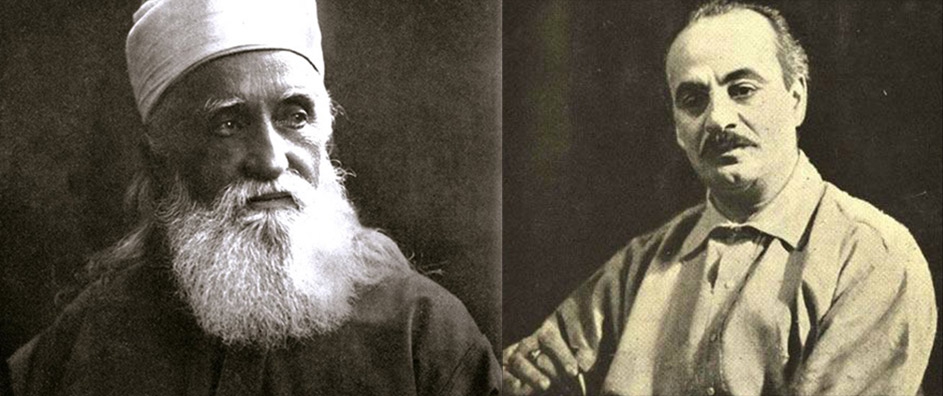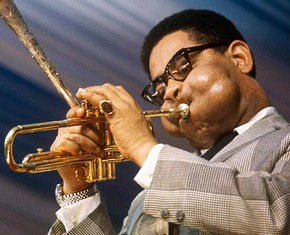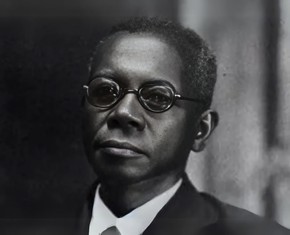The views expressed in our content reflect individual perspectives and do not represent the authoritative views of the Baha'i Faith.
In this series of essays, we’ve explored the prominent influence Abdu’l-Baha and the Baha’i teachings had on Kahlil Gibran. We’ve examined his incorporation of Baha’i themes and principles into his best-known works, The Prophet and Jesus, the Son of Man. Now, in this final iteration of the series, let’s take a look at some of the remarkable parallels between the Baha’i teachings and Gibran’s most beloved book, The Prophet. First, Abdu’l-Baha and Gibran both speak of self-knowledge:
And now, with a heart clear from aught else save God and overflowing with the love of God, I mention thee, supplicating God to make thee a lamp of guidance in those districts, that out of thee the spirit of knowledge may be spread upon the hearts and spirits until thou becomest a spring of fresh and sweet water whereto the thirsty and earnest desirers will come to drink, and thus be satisfied with the sweetness thereof. – Abdu’l-Baha, Tablets of Abdu’l-Baha, p. 275.
Your hearts know in silence the secrets of the days and nights. But your ears thirst for the sound of your heart’s knowledge. You would know in words that which you have always known in thought. You would touch with your fingers the naked body of your dreams. – The Prophet, p. 54.
Then the Master and the artist consider prayer:
Reveal then Thyself, O Lord, by Thy merciful utterance and the mystery of Thy divine being, that the holy ecstasy of prayer may fill our souls – a prayer that shall rise above words and letters and transcend the murmur of syllables and sounds – that all things may be merged into nothingness before the revelation of Thy splendor. – Baha’u’llah, Baha’i Prayers, p. 69.
God listens not to your words save when He Himself utters them through your lips…. And if you but listen in the stillness of the night you shall hear them saying in silence, “Our God, who art our winged self, it is thy will in us that willeth. We cannot ask thee for aught, for thou knowest our needs before they are born in us; Thou art our need; and in giving us more of thyself thou givest us all. – The Prophet, p. 68.
Abdu’l-Baha and Gibran both define religion itself:
Religion serves the world of morality. Religion purifies the hearts. Religion impels men to achieve praiseworthy deeds. Religion becomes the cause of love in human hearts, for religion is a divine foundation, the foundation ever conducive to life. The teachings of God are the source of illumination to the people of the world. – Abdu’l-Baha, The Promulgation of Universal Peace, p. 344.
Is not religion all deeds and all reflection, and that which is neither deed nor reflection, but a wonder and a surprise ever springing in the soul, even while the hands hew the stone or tend the loom? Who can separate his faith from his actions, or his belief from his occupations? Who can spread his hours before him, saying, “This is for God and this for myself: This is for my soul, and this other for my body?” – The Prophet, p. 77.
Then they both discourse on the greatest of all human mysteries – death:
…total annihilation is an impossibility, and existence can never become non-existence. This would be equivalent to saying that light can become darkness, which is manifestly untrue and impossible. As existence can never become non-existence, there is no death for man; nay, rather, man is everlasting and everliving…. Through his ignorance, man fears death; but the death he shrinks from is imaginary and absolutely unreal; it is only human imagination… Be as lights of the world which cannot be hid and which have no setting in horizons of darkness. Ascend to the zenith of an existence which is never beclouded by the fears and forebodings of non-existence. – Abdu’l-Baha, Baha’i World Faith, pp. 264-266.
You would know the secret of death. But how shall you find it unless you seek it in the heart of life? The owl whose night-bound eyes are blind unto the day cannot unveil the mystery of light. If you would indeed behold the spirit of death, open your heart wide unto the body of life. For life and death are one, even as the river and the sea are one…. In the depths of your hopes and desires lies your silent knowledge of the beyond; and like seeds dreaming beneath the snow your heart dreams of spring. Trust the dreams, for in them is hidden the gate to eternity. Your fear of death is but the trembling of the shepherd when he stands before the king whose hand is to be laid upon him in honour. – The Prophet, pp. 80-81.
When you read the Baha’i writings and Gibran together this way, you begin to get a sense of how Gibran developed his mystical style – the cadences, the elevated language, the beauty and the power of the Baha’i writings resonate in Gibran’s best-loved works.
If your soul resonates to the poetic wisdom in The Prophet, you have a huge wellspring of inspiration awaiting you in the Baha’i teachings — the writings of Baha’u’llah and Abdu’l-Baha, voluminous and filled with transcendental mystery and universal spiritual truth.
















Comments
Sign in or create an account
Continue with Googleor